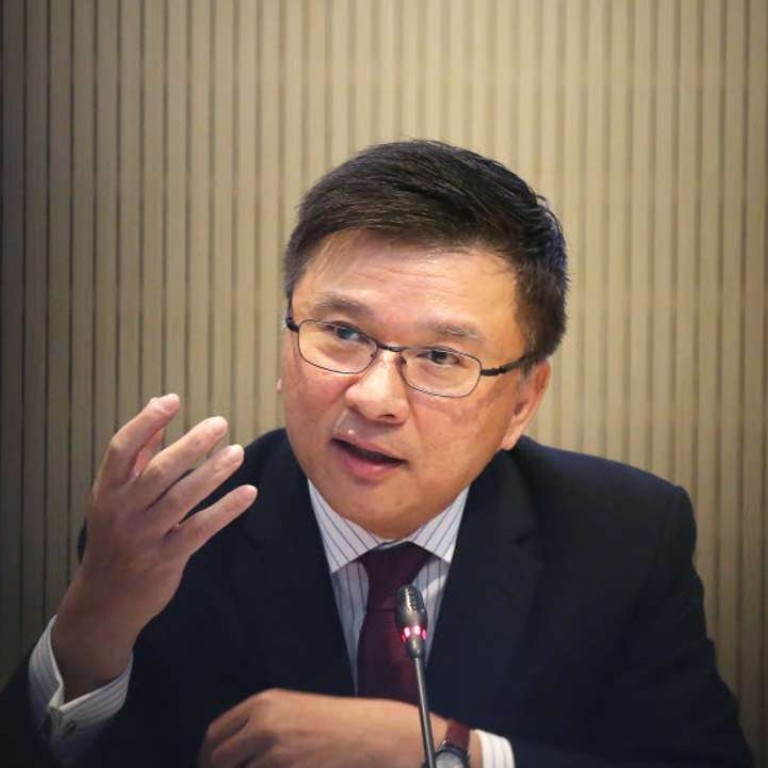
Hong Kong government sidesteps calls for action after revelations in Panama Papers
There is no law against setting up firms outside the city’s jurisdiction, minister says, after leaks reveal Hong Kong’s key role as a tax haven intermediary
As European nations fast-track proposals to crack down on tax avoidance after the Panama Papers revealed how the world’s wealthy hide their riches, the Hong Kong government sidestepped questions on whether it would take any action.
New official data also revealed that a government agency set up to combat money laundering had passed on more cases than ever for criminal investigation.
The government, however, remained tight-lipped over calls by lawmakers to investigate names linked to secretive Panamanian law firm Mossack Fonseca or investigate potential illegality among the city’s middlemen who dispense offshore advice.
Hong Kong was revealed in the leaked Panama Papers as having the most intermediaries offering services for the purpose of setting up offshore companies to help wealthy clients shelter money. The city was labelled a “top centre for secretive offshore financial services”.
In a written response to questions from accountancy sector lawmaker Kenneth Leung, the government said such services were not illegal in Hong Kong.
“There is no law in Hong Kong prohibiting companies or commercial entities from setting up companies in jurisdictions outside Hong Kong,” said Secretary for Financial Services and the Treasury Professor Chan Ka-keung.
But he said the authorities would investigate any reports of suspicious financial transactions.
Leung maintained Hong Kong had “a role and responsibility to tell the international business community and foreign governments that Hong Kong is not a tax haven nor a centre for money laundering”.
He added that the city had “the required legislation, which have met international standards”.
The lawmaker was also concerned about middlemen posing as qualified white-collar workers offering tax haven-type services, which could harm the image of lawyers and accountants.
Last week former civil service minister Joseph Wong Wing-ping said Hong Kong had no choice but to follow the global trend to tighten interest declaration systems and improve transparency in the wake of the Panama Papers.
New figures disclosed in the Legislative Council showed the number of cases referred by the government’s Joint Financial Intelligence Unit (JFIU) for criminal investigation climbed to 10,454 last year, a fresh high, from 7,662 in 2014, accounting for 25 per cent of all reported cases.
On Sunday, the South China Morning Post reported that the overall number of reports of suspected dodgy financial dealings – known formally as suspicious transaction reports – made to the JFIU reached an all-time high of 42,555 in 2015.
Despite the rising caseload, there was just one investigator last year for every 895 potential money laundering cases.
Chan gave no indication that extra resources would be made available, telling lawmakers: “The JFIU will review and adjust its workload in handling [suspicious transaction reports] from time to time to cope with the increased caseload.”

